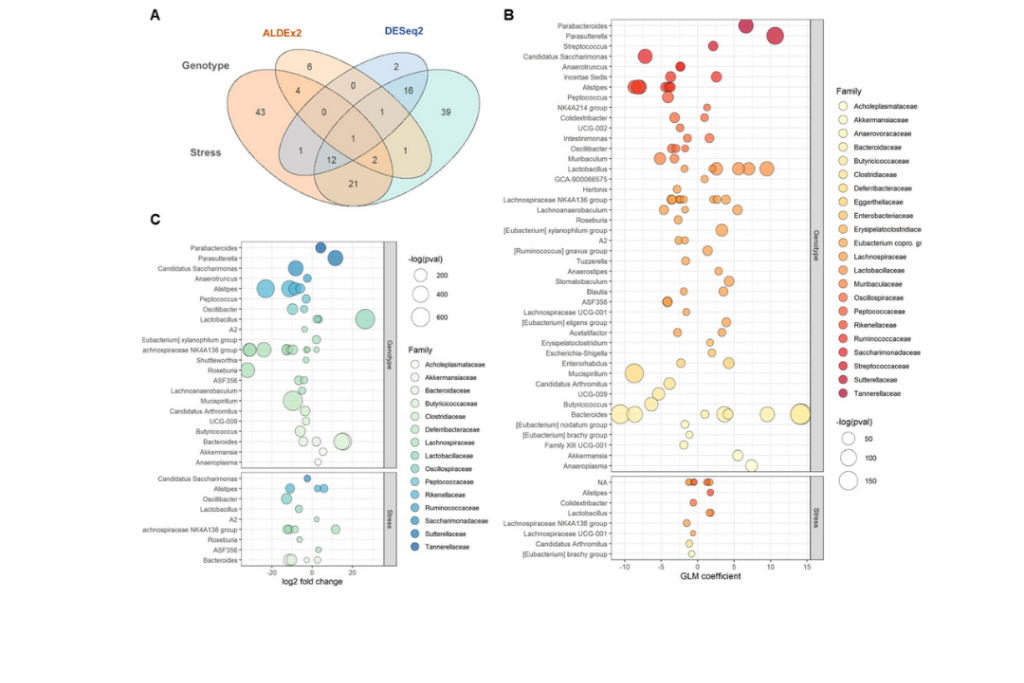
Meet Dr. Jane Foster
In the past 19 years, Dr. Jane Foster has developed an internationally recognized translational research program. Her multidisciplinary expertise includes behavioral neuroscience, molecular biology, immunology, neuroimaging, microbiome, and bioinformatics in both preclinical and clinical research domains. Dr. Foster’s research program has developed high quality analytical pipelines for biological data and has developed novel analytical tools for integrating data across modalities.
Dr. Foster was recruited and joined the Center for Depression Research and Clinical Care (CDRC) in May 2022. Her molecular biology laboratory expands the current clinical research lab to include state-of-the-art equipment for genomic (DNA, RNA) and proteomic analysis of clinical biospecimens and tissue samples collected from mouse models. Dr. Foster also leads reverse translational work in mice to identify molecular mechanisms that connect the microbiome and the immune system to the brain.
Improving our understanding of how immune-brain and gut-brain interactions contribute to psychiatric disorders
We investigate how the immune system and gut microbiota influence brain function and behavior. We use molecular, behavioral, anatomical, and immunological approaches in the lab. In parallel, we collaborate with clinical groups to examine the role of inflammatory and gut-brain mediators in psychiatric illness. Overall, research in the last decade has established a bottom-up link between gut microbiota and brain function. Our findings demonstrate that gut microbiota are important during early development and can influence brain wiring and behavior; however, in order to determine the importance of this influence, the mechanisms of action and the nature of the interactions (causal or not) must be considered.
Uncovering the Microbiome–Brain–Gut Axis
Dr. Jane Foster and colleagues' recent December 2022 publication findings highlight the tripartite relationship between stress, microbe-immune interactions, and brain development. This study demonstrates the suitability of a novel behavioral pipeline for the study of genetic and environmental influences on neurodevelopment and illustrates the role of T cells in exacerbating the effects of early-life stress on emotional behavior and gut microbiome structure.

The best discoveries come from an environment of mentorship and collaboration.
Be a part of the impact we’re making in scientific research across many specialty areas.